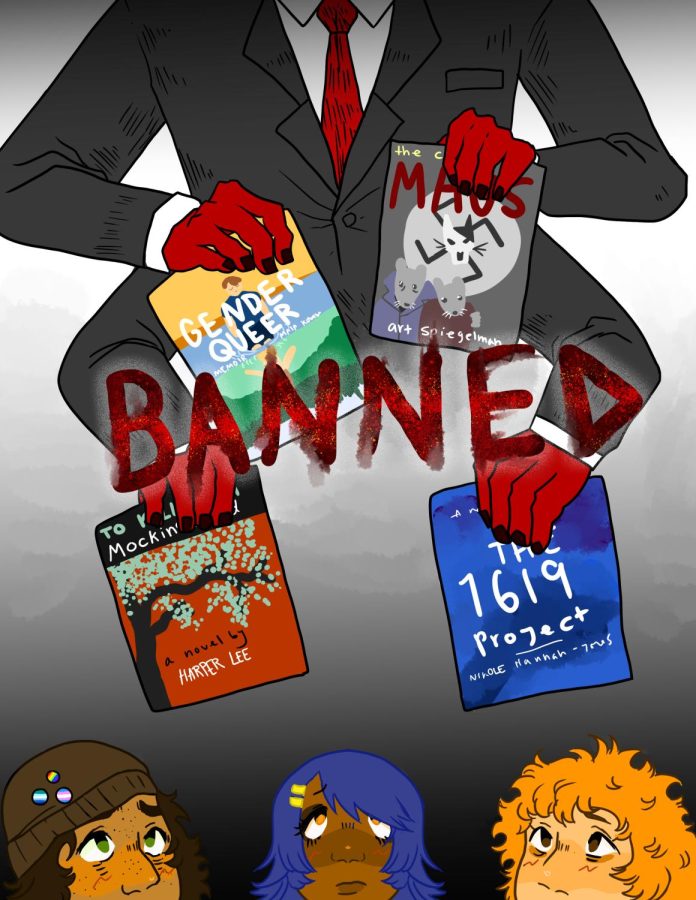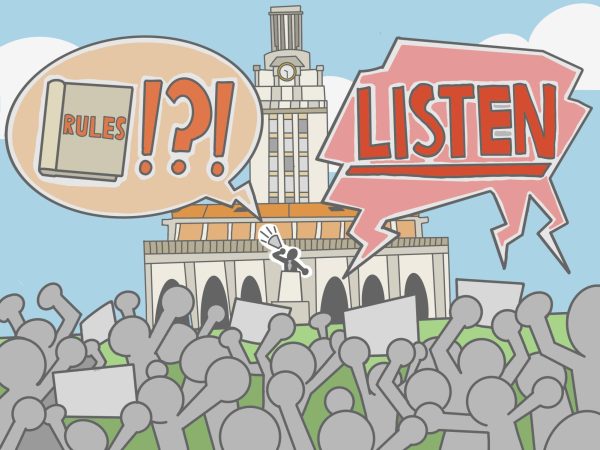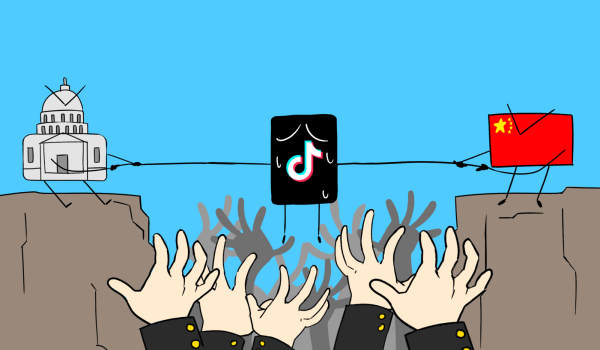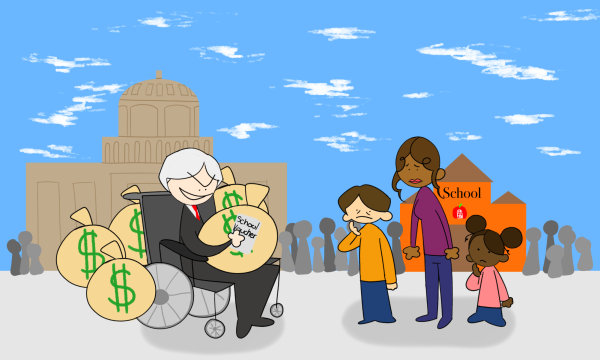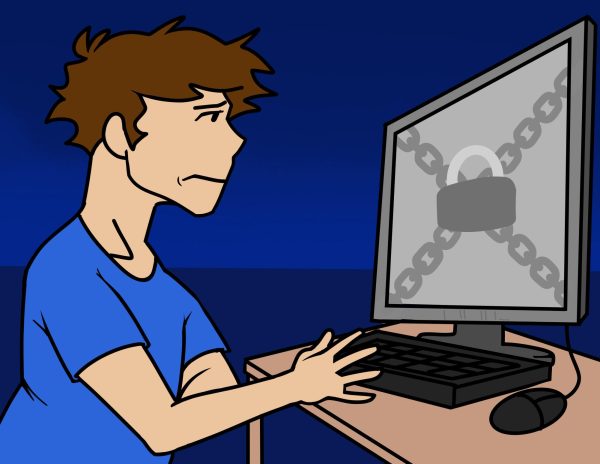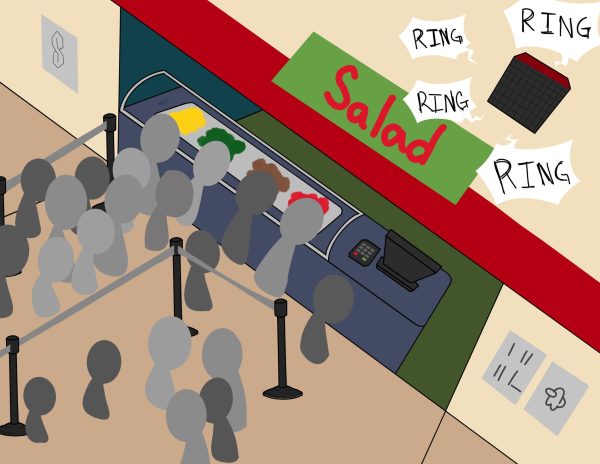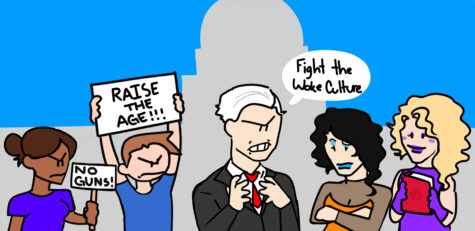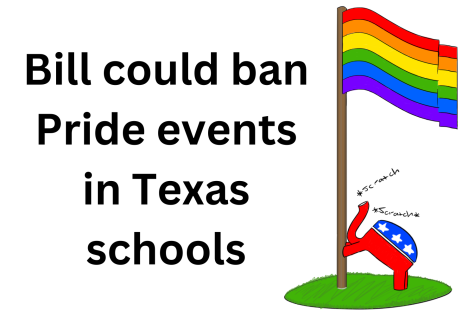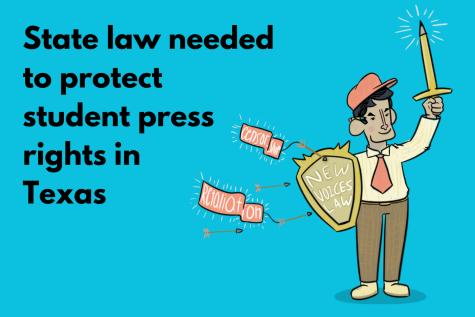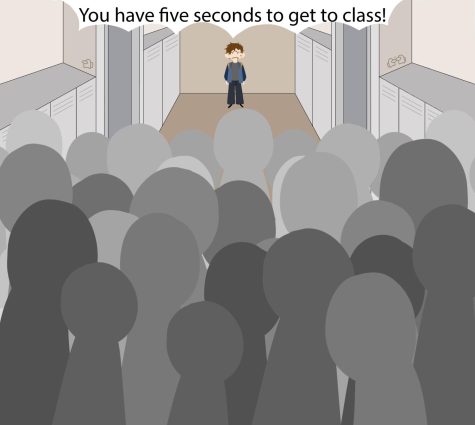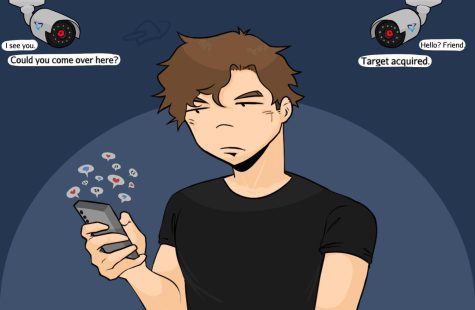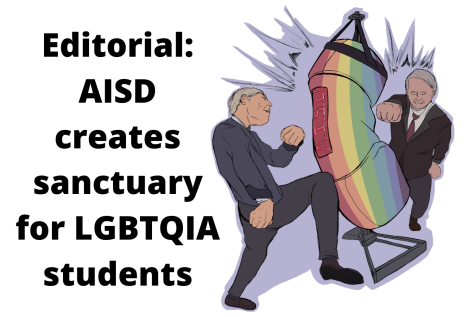Editorial: Book ban movement is politically motivated
The Eagle’s Eye supports the American Library Association’s position on book banning and believes that banning books is a futile effort considering we live in an information age in which books and various forms of controversial content is readily available on the Internet.
May 23, 2022
Since July of 2021, more than 1,500 books have been banned in 86 school districts in 26 states, according to PEN America, a non-profit organization that works to protect freedom of expression in the United States.
According to the American Library Association (ALA), in 2019 the number of “challenges’ in which parents or community members request books to be removed from libraries was 377. In 2021 that number increased to 729. Most of these bans or attempted bans have dealt with issues related to LGBTQIA+ characters or of race or racism. In Texas schools, over 713 books have been banned, leading to half of all banned books identified by PEN America’s “Banned in the USA” report issued on April 7.
Much of the attempts at book banning can be traced to recent pressure from GOP lawmakers and Gov. Greg Abbott who have led probes into what books are available in Texas school districts. We believe that the Texas schools that are banning or challenging these books are bringing a newly found censorship in an otherwise public forum. We support the ALA’s efforts to push back by promoting a “library bill of rights” that affirms that all libraries are forums for information and ideas, and that the following basic policies should guide their services.
We support the ALA’s position and believe that banning books is a futile effort considering we live in an information age in which books and various forms of controversial content is readily available on the Internet.
Thankfully, we have not heard of cases of books being challenged or banned in Austin ISD, but we have heard of this activity happening in nearby school districts in the surrounding area. However, that’s not to say it couldn’t happen here if we let our guards down.
The practice of banning books is as old as books themselves. Rulers, governments, and religious leaders have attempted to ban books for centuries. Some of the most famous and important books have been banned. George Orwell’s iconic book 1984 was banned for allegedly being pro-communist. Ironically enough, it was banned in Soviet Russia for being anti-communist.
This isn’t an occurrence from the past. This is something that happens even today. Famous modern books like Thirteen Reasons Why, Harry Potter, and Maus, are all very high on the list of challenged books.
The controversial topic of banned books has recently resurfaced in Texas, when state Rep. Matt Krause started an investigation on taking down any books he deemed controversial or inappropriate. His list of nearly 850 works was sent to the Texas Education Agency, where he asked them to review which Texas school districts had these books in their libraries.
Upon review, it seems like many books include topics such as race, sex, and the LGBT+ community. Reasons regarding this banning is due to how some legislators consider these books “offensive” or “pornographic.”
While banning books might seem harmless considering there is far worse material you can find elsewhere outside of a library, many people argue that books can still be inappropriate and should be banned if they do not meet community standards. Clearly, there are books and graphic material that are not age-appropriate that should not be available in school libraries, but we trust our librarians to ensure that what is there is appropriate for high school students.
Some people have found workarounds to these sorts of bannings. For example, the New York Public Library has made a selection of challenged or banned books accessible to children 13 and up via an e-reader service. This program, Books for All, allows children 13 and up to access these books free of wait times and fees until the end of May. The Brooklyn Public Library is also doing a similar initiative as of April, promoting the free use of banned or challenged books for young readers using a local library card.
While these workarounds are temporary at best, these institutions provide a bastion for young readers to access books otherwise deemed “offensive” and provide access to points of view from authors of different backgrounds and perspectives.
Whether a book may be written by an LGBTQ+ author telling their journey as a person within the community, or a person of color telling their stories of discrimination and prejudice, a student accessing these books will now know their story.
Banning books that are deemed unfit for public schools may seem justifiable and reasonable to some, but these books that are being unfairly challenged offer a new perspective into the lives we do not normally hear about. These books are vital to our pursuit of education along with our understanding of the world. There is no justification for taking that away.


